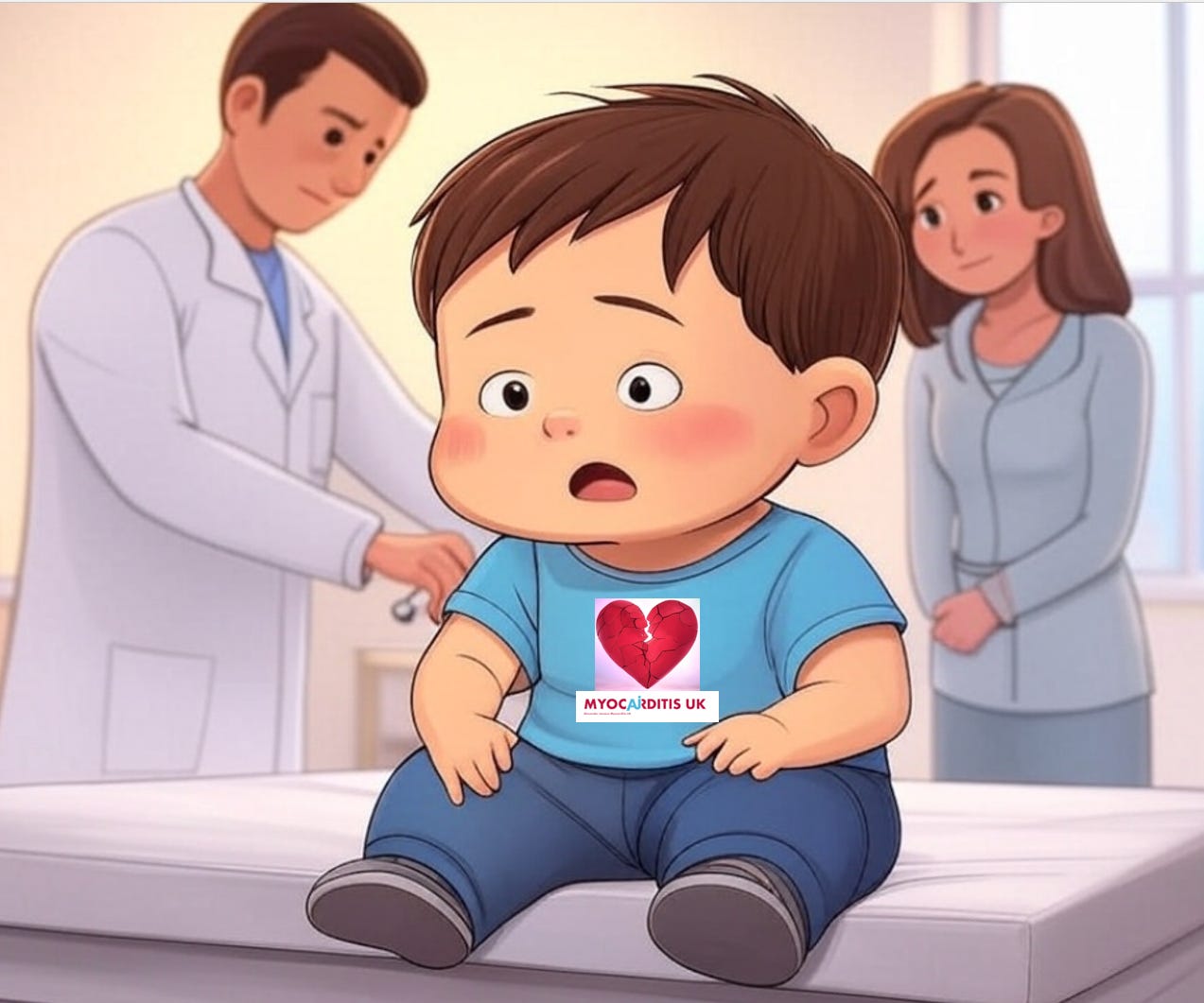More misinformation about myocarditis and the covid vaccines
Why did the charity Myocarditis UK recommend the vaccine to children and then ignore the warnings about it?
Our previous article described how, in 2022, the British Heart Foundation website stated that people should not be worried about getting the covid vaccine since:
there is no greater risk of developing heart inflammation after a Covid-19 vaccine than after other common vaccines, including the flu jab
It turned out that this advice was based on a flawed stu…
Keep reading with a 7-day free trial
Subscribe to Where are the numbers? by Norman Fenton and Martin Neil to keep reading this post and get 7 days of free access to the full post archives.








